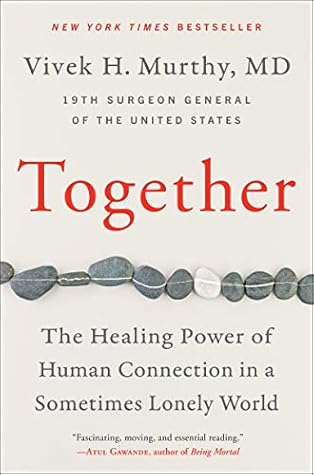Cole, who studies the effects of loneliness at the molecular level, says that repeated or extended experiences of threat will actually change the brain. People who carry emotional scars develop a “kind of neurobiological sensitivity to threat and rejection.” This sensitivity mirrors the instincts of people who are born with social anxiety—and exacerbates them in people unlucky enough to have both a genetic propensity toward social anxiety and a painful social history. Whether conscious of it or not, they’re always on guard in social situations, assessing the trustworthiness of people around
...more
Welcome back. Just a moment while we sign you in to your Goodreads account.


